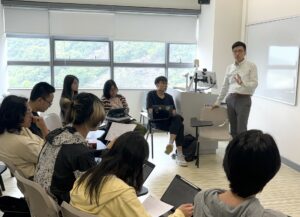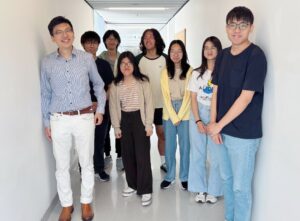Exemplary Teaching Award in General Education 2024
This year, nine teachers were nominated for the Exemplary Teaching Award in General Education and the awards go to:
- Professor Christina CHEUNG of the Department of Anthropology
- Dr. FOK Yeung Yeung of the Department of History
- Professor Franz MANG of the Department of Philosophy
The Exemplary Teaching Award Presentation Ceremony
Date: 18 June 2025 (Wednesday)
Time: 3:30 p.m. – 5:15 p.m.
Venue: LT6, Yasumoto International Academic Park (YIA), CUHK
All staff and students are welcome.
Professor Christina CHEUNG
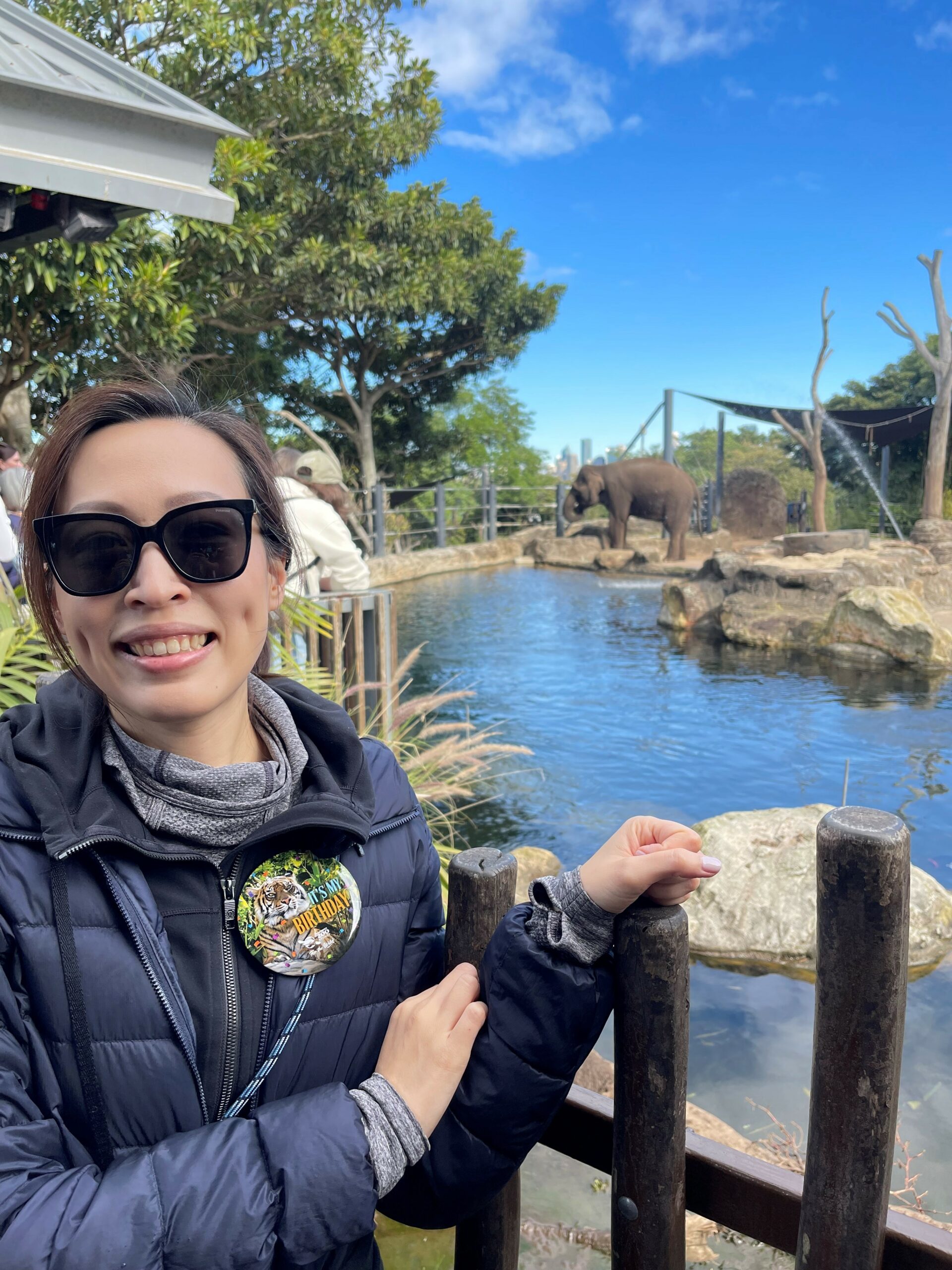
Christina Cheung is an archaeologist with a strong background in bioarchaeology, specialising in the use of stable isotope analysis to reconstruct past lifeways. She received her B.A. (Hons) in Archaeology and History at the University of York (U.K.), her M.Sc. in Archaeological Science at the University of Oxford (U.K.), and her Ph.D. in Anthropology at the University of British Columbia (Canada). Her work primarily involves using reconstructed dietary and mobility patterns to address various anthropological and archaeological questions, with particular interest in issues such as gender, social differentiation/inequalities, cultural changes, and group responses to crisis, including socio-political upheavals and climate change. Christina is currently an Assistant Professor in the Department of Anthropology at the Chinese University of Hong Kong. She is also the director of the “Archaeological Science in Hong Kong Initiative”, which aims to promote interdisciplinary collaborations and advance the fields of archaeology and archaeological science in Hong Kong.
My philosophy of teaching has been informed by my past teaching experiences as well as my own experiences as a student. There are four pillars on which my approach to teaching rests.
Knowledge Foundation: While fostering independent and critical thinking in young minds is an important goal, I believe this endeavour must be built on a sound understanding of fundamental knowledge. While some of the knowledge taught in my courses may not appear to be particularly “practical” or “socially functional” (e.g., how does radiocarbon dating work? Or, how do we read the binomial name of an organism?), it cannot be underemphasized. I believe that if students do not acquire this knowledge base, it puts them at a severe disadvantage when they attempt to interpret and think critically about data or concepts, particularly at more advanced levels. To help students build up their knowledge base, I make sure the assigned readings cover all the key topics in the field. Most of the readings come from textbooks. However, occasionally I also include other types of readings, such as peer-reviewed journal articles, chapters from popular science books, or even documentaries. By integrating a variety of reading/viewing materials, I hope to create a richer and more inclusive learning experience that helps prepare students for both academic and professional success beyond the classroom.
Independent and Critical Thinking: In my opinion, the development of the ability to think independently and critically is the most important aspect of an education at the university level. To develop these skills in my students, I try to maintain the learning environment as a safe space, where ideas, opinions, concerns, and questions can be shared openly. I have noticed that in Hong Kong, students are relatively shy to express their opinions in larger classes. Therefore, I incorporate web-based student response systems (SRS) such as uReply and Mentimeters in my classes to allow students to submit their thoughts in an (more or less) anonymous setting. For example, in one of the classes in UGEC1633, we explored the reconstruction of one’s biological profile through skeletal remains. Of the four primary characteristics in biological profiles (sex, age, stature, and ancestry), the determination of one’s ancestry is both ethically and scientifically controversial. Using uReply, I asked students if they thought race is real. Through the responses we were able to generate very meaningful discussions.
Engagement and Entertainment: Archaeology is not and should not be a dry discipline. It is fun – lots of fun. To engage students, I try to encourage active learning through practical sessions. For example, what is a better way to learn about stone tool making than giving students the opportunity to knap their own tools? Hands-on activities are also great for introducing lesser-known topics. Archaeobotany is a subfield of archaeology that examines ancient plant remains in archaeological sites. With help from the University Library’s MakerSpace, I printed 3D-models of (enlarged) pollens, and asked students to identify the different species based on their morphology. These colourful 3D-models were not only fun but also provided a much-needed break from the monotonous lectures, helping students visualise and study the structures of pollens more actively and realistically. These interactive and experiential learning really helped them digest and retain knowledge covered in the lectures.
Student Participation in Research: I believe that successfully undertaking a research project is a demonstrative testament to mastering the three principles I have outlined above. Therefore, for each of my courses, I assign my students a (small) research group project towards the end of the semester. Students have a certain degree of freedom to choose a topic of interest to research and present on. By allowing them to make a decision about their own learning, students are more motivated and engaged in their projects.
I have thoroughly enjoyed interacting with students while teaching at CUHK. As a junior teaching staff, I am still developing and improving my teaching skills and pedagogical approaches. While I teach archaeology and biological anthropology to my students, I also learn a great deal from them and my peers. I look forward to continuing this journey of growth, refining my methods, and fostering an engaging learning environment that encourages curiosity and collaboration.
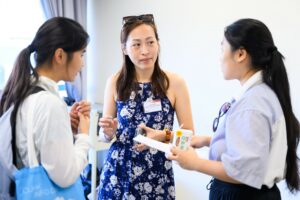
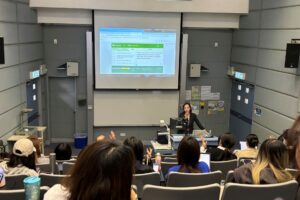
Dr. FOK Yeung Yeung
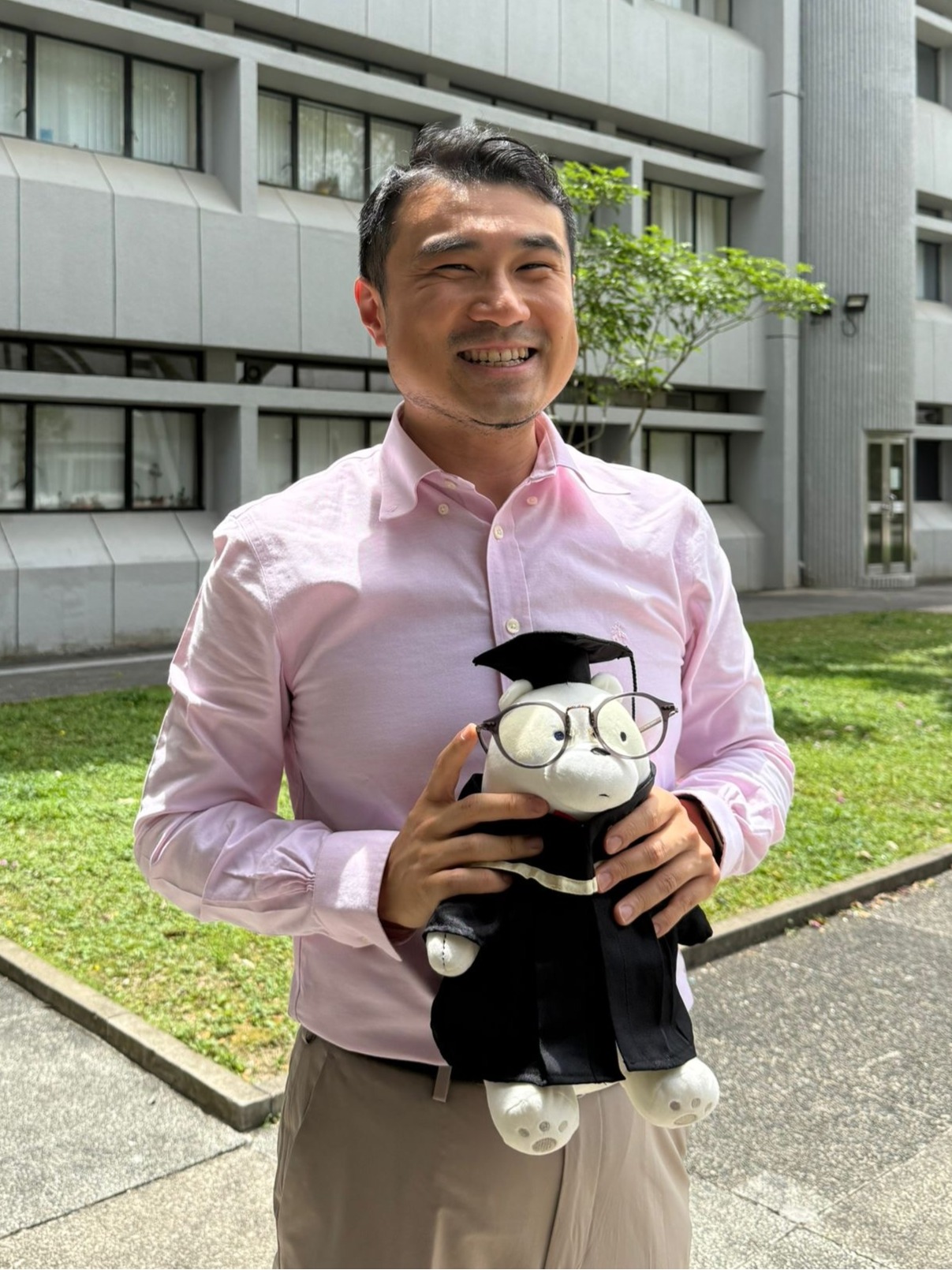
(Chinese version only)
(Chinese version only)
Professor Franz MANG
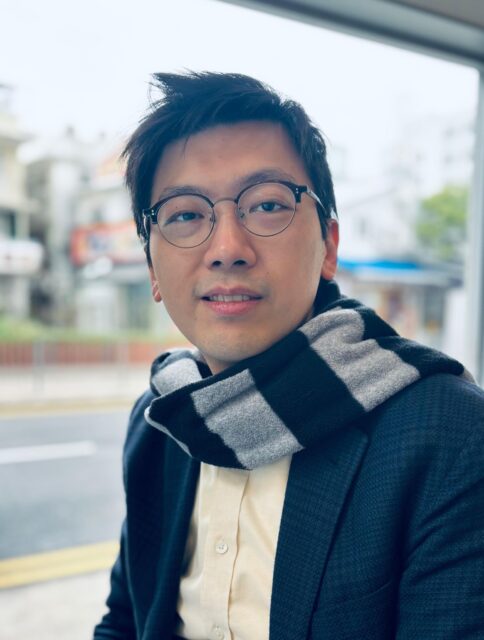
Franz Mang joined the Department of Philosophy at the Chinese University of Hong Kong in 2021. Before that, he worked at the University of Hong Kong and the City University of Hong Kong, offering courses in political philosophy, ethics, and Chinese philosophy. Mang received his D.Phil. from Oxford University in 2017, where he studied at St Antony’s College as a Swire Scholar on a fully-funded scholarship. Prior to his doctoral studies, he completed his B.A. in philosophy and M.Phil. in politics at the Chinese University of Hong Kong and the University of Hong Kong, respectively. Mang’s research centres on social and political philosophy, as well as ethics. He has authored peer-reviewed articles on subjects ranging from contemporary liberalism and democratic theory to Confucian political philosophy. In his leisure time, he enjoys watching movies, reading literature, singing (or just practising his singing!), and exploring bookstores.
The Chinese University of Hong Kong’s general education may be even more important in the AI era. Humans are not machines; teachers can care about what students think and feel, while students can discuss, reflect, write (putting pen to paper), and laugh heartily, thereby gaining a deeper understanding of themselves and others.
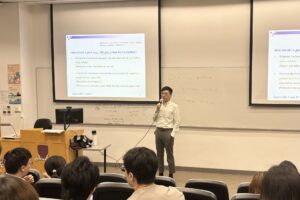
I hold two beliefs about teaching. First, I believe that people in general are interested in engaging with topics within philosophy and the broader humanities. Many philosophical issues, such as “What constitutes a good life? Are there objective standards?” and “Does a supernatural world exist? Can pure belief confirm its existence?”, are not only of interest to philosophy majors. The humanities also include literature, language, history, art, anthropology, and more. Many questions within the humanities intrigue people with even a basic education. For example, “What makes a piece of writing beautiful?”, and “Can we learn anything from human history?”
Therefore, I often think about how to spark my audience’s inherent interest in philosophy and other humanities subjects. What Plutarch said resonates deeply with me: “The mind is not a vessel to be filled but a fire to be kindled.” A simple and fascinating question such as “Is aesthetics purely subjective—is my literary writing better, or is Shakespeare’s?” is sufficient to ignite curiosity in my audience. Discussing such a topic can easily take up more than half an hour!
In addition, it is important for me to establish a relationship of “you and me” with my students, rather than “me and them”. This approach originates from my reading of the book I and Thou, written by the modern Austrian-Israeli philosopher Martin Buber. In class, I want to know what you think; I care if you are interested in learning; and I hope you gain something from studying with me.
In teaching my courses, I frequently quote and discuss works from different academic areas, not just those in philosophy. These works include: The Death of Ivan Ilyich by the literary master Leo Tolstoy, The Top Five Regrets of the Dying by renowned care worker Bronnie Ware, The Importance of Living by famous writer and translator Lin Yutang, and The Better Angels of Our Nature by celebrated cognitive scientist Stephen Pinker. I would like to broaden my students’ intellectual horizon and nurture a habit of extensive reading in them. Furthermore, I emphasize to them that distinguishing right from wrong, appreciating art and the humanities, and cherishing the best things in life require years of passionate learning and pursuit—these can hardly be achieved with mere cleverness.
